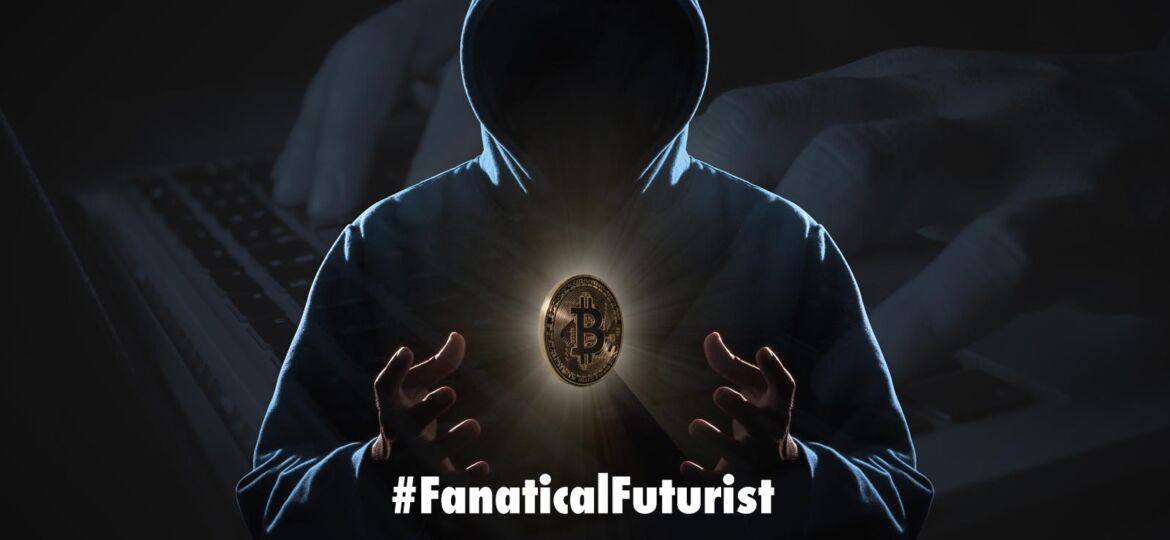
WHY THIS MATTERS IN BRIEF
You’re an anonymous criminal, but your digital crypto wallet isn’t anonymous … now we can get ya!
 Love the Exponential Future? Join our XPotential Community, future proof yourself with courses from XPotential University, read about exponential tech and trends, connect, watch a keynote, or browse my blog.
Love the Exponential Future? Join our XPotential Community, future proof yourself with courses from XPotential University, read about exponential tech and trends, connect, watch a keynote, or browse my blog.
The dusty wigs of times gone by that roam the stuffy chancellery halls doth still play with most new things, like Non Fungible Tokens (NFTs) that are suddenly put to a service no one elsewhere could probably have ever imagined.
“The [court order] was served on the digital wallet provider and ‘air-dropped’ into the defendants wallet as an NFT, which is only the third time worldwide this has been used as a method of service. And, within a couple of weeks, the client received 100% of his stolen Bitcoin back, which, together with costs, meant a recovery in the region of £1.85 million.” So said Steven Murray, a solicitor with HCR Law, after describing a new way to serve court documents on people, such as hackers, who might otherwise manage to escape the long arm of the law.
The Future of Law, by keynote Matthew Griffin
In this case, after being served the defendants scammed and stolen assets, which they’d stashed in their digital wallet on the crypto exchange Huobi, were frozen.
In law, a defendant always needs to be served by the claimant, but in this case it was done using an NFT rather than via traditional post or E-Mail. In all cases the defendant, in this case the thief, needs to be told by the claimant, the one that got their coins stolen, that they are filing what’s known as a freezing injunction on their digital wallets, and give the defendant the opportunity to defend themselves in a fair trial, while in this case at the same time ensuring that the thief in question couldn’t transfer the stolen crypto out of their wallet by freezing it – just as you’d freeze a criminals bank account in “the olden days” before blockchain, cryptocurrencies, and Web 3.0.
In this case the claimant didn’t have an e-mail address for the defendant that they could send anything to because as with most things online now the thief, the hacker, was anonymous, hiding in the shadows. They did however have a blockchain address, and that, combined with the NFT based court order, was what let them get their bitcoin back.
That was also the case of LCX AG v. John Doe Nos. 1-25, No. 154644/2022 (N.Y. Sup. Ct. June 2, 2022), the oldest and the first case where service by NFT was permitted, and in this case it was only by NFT because they had nothing else on the Defendant, another thief in this case through hacking.
As you can see here this is the NFT in question, and while there’s no colourful JPEG, no dancing apes, and oddly no court document, which is what I thought I would find, it is an NFT – a unique digital token, just a dreary, dull, lawyery one with grey all over.
As you can see the NFT also has a link to a normal webpage too though where all the documents can be found, so while people might complain that it’s not the most glitzy or best example of what a court ordered NFT based service might look like it nonetheless sets a very interesting precedent.
















